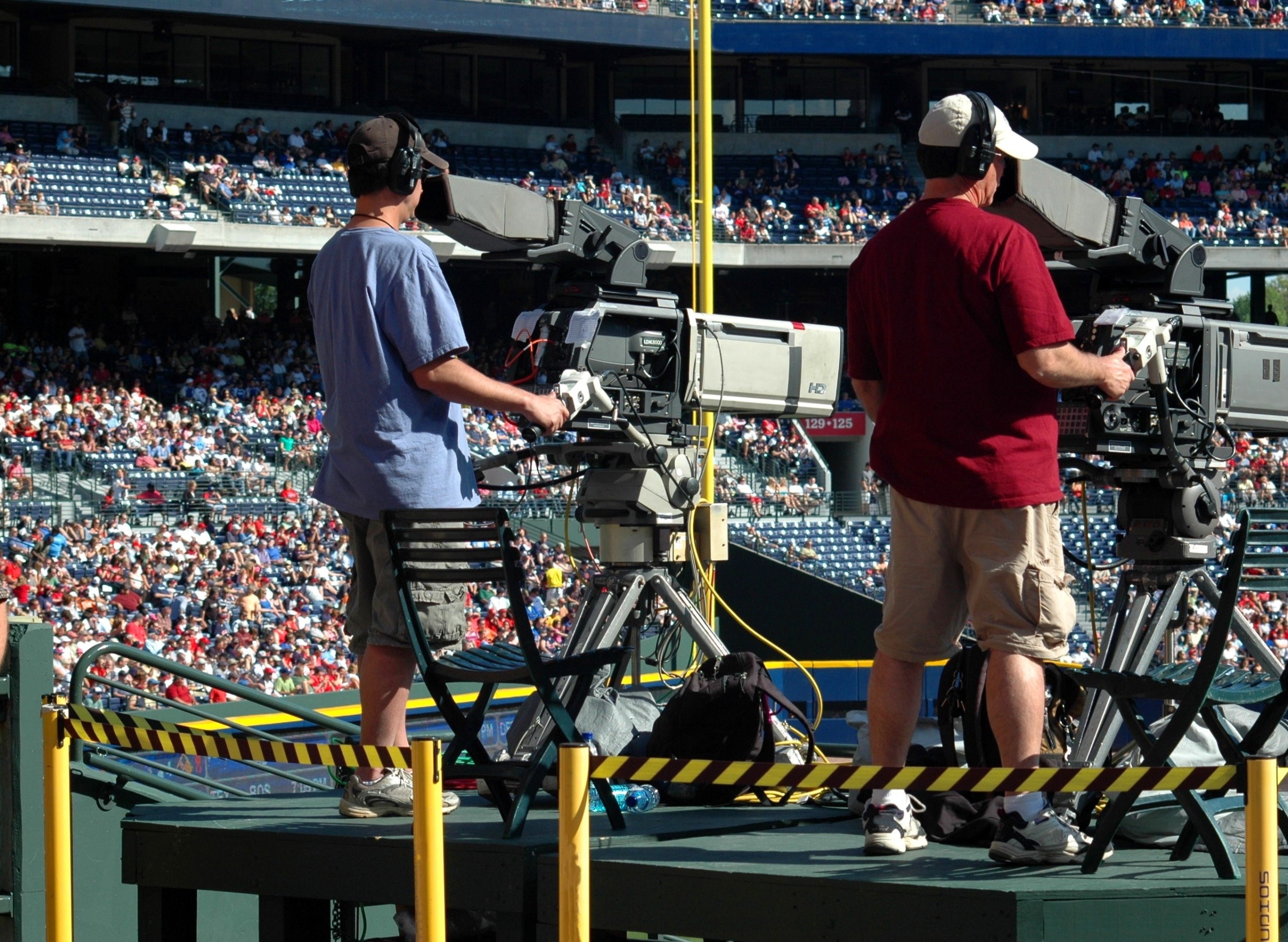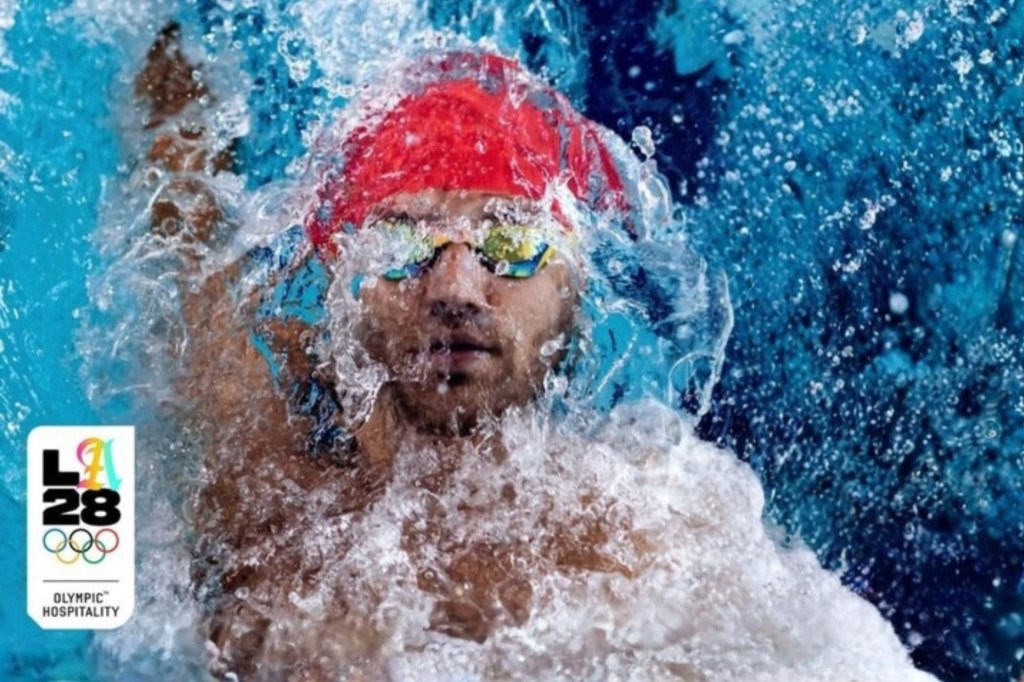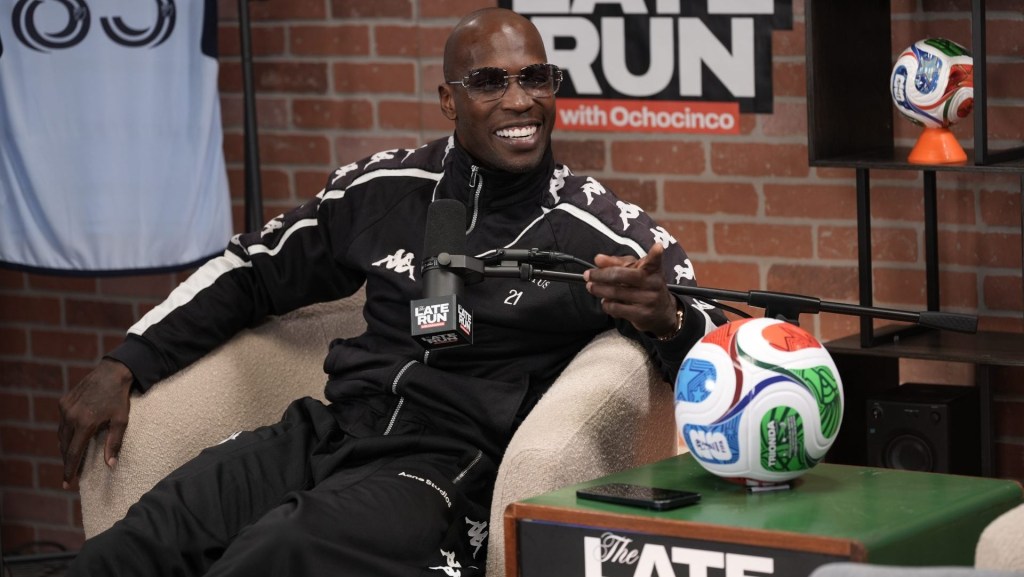Due to several different world events, 2020 has been particularly eye-opening for the sports industry in terms of diversity, inclusion, and social justice.
Sports have always had a unique power and role in the conversations of social justice in society. Generally speaking, fans all over the globe can glean messages of diversity, inclusion, leadership, and teamwork from the athletes, leagues, and teams they follow. However, without harnessing that power intentionally, the entire sports industry — including athletes and business leaders — could miss the opportunity of a lifetime.
“Sports haven’t spent enough time assessing our role as part of the problem in society,” diversity and inclusion consultant Vince Pierson told Front Office Sports. “This isn’t to say that I view sports as ‘part of the problem’ in a negative way. … But as a microcosm of society, the sports industry has to be willing to analyze the status quo, identify challenges, and address the areas where we perpetuate the discrimination, racism, homophobia, sexism and other -isms that plague our society. From there, we can begin genuinely moving towards progress.”
Those challenges may look different for every sector of the sports industry. Within sports media specifically, representation of women and people of color has historically been an area where there is room for improvement. No matter the size of the challenge, intentionality will always be a part of the solution.
“Sports media will become more inclusive when the decision-makers and leaders decide the status quo is no longer acceptable. Once they’ve genuinely come to that decision, we’ll start to see the types of intentional efforts and initiatives that will foster inclusion throughout. Leadership must embrace accountability for their influence on ensuring equitable outcomes are recognized or allowing glaring gaps in employee experience and representation to persist,” Pierson added.
Sports can organically create connections that transcend differences in identity. As the industry continues to understand the work needing to be done internally, as well as at a personal level day-in and day-out to shift the culture in a positive direction, the need to take action is clear.
Pierson concluded his conversation with FOS by stating that as sports comes to a crossroads where the industry is struggling to come to terms with the power to deliver impact and its role in the social justice conversation, more needs to be done.
“The logical next step is to go from talking to doing. Sports has been a powerful voice in the conversation around diversity, inclusion, and social justice — there is still room for leading by example when it comes to diversity and inclusion.”



![[Subscription Customers Only] Jun 15, 2025; Seattle, Washington, USA; Botafogo owner John Textor inside the stadium before the match during a group stage match of the 2025 FIFA Club World Cup at Lumen Field.](https://frontofficesports.com/wp-content/uploads/2026/02/USATSI_26465842_168416386_lowres-scaled.jpg?quality=100&w=1024)

![[Subscription Customers Only] Jul 13, 2025; East Rutherford, New Jersey, USA; Chelsea FC midfielder Cole Palmer (10) celebrates winning the final of the 2025 FIFA Club World Cup at MetLife Stadium](https://frontofficesports.com/wp-content/uploads/2026/02/USATSI_26636703-scaled-e1770932227605.jpg?quality=100&w=1024)










